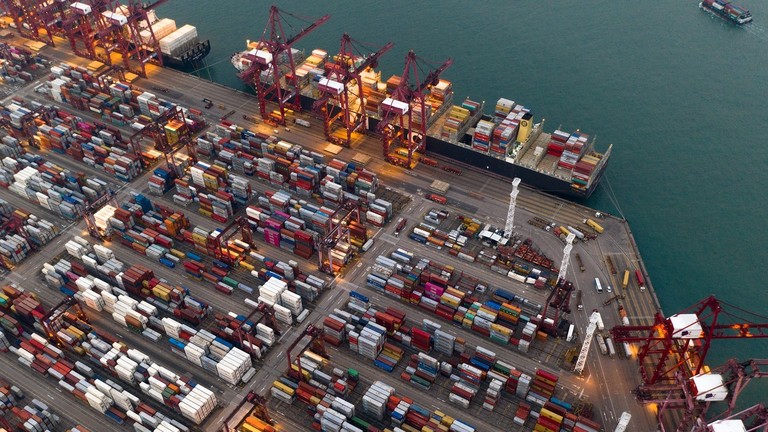The US Importer of Record is liable for antidumping and countervailing duties tied to the product imported. The Importer of Record is the company listed in Block 26 of the U.S. Customs 7501 form.
Importer of Record must exercise reasonable care in importing products and in filling out Customs forms
Under US Antidumping (AD), Countervailing Duty (CD) and Customs laws, the Importer of Record must exercise reasonable care in importing products and in filling out Customs forms. The Importer of Record must correctly state a product’s country of origin and also whether Antidumping and Countervailing duties apply to the imported product. A knowingly false statement on a Customs form constitutes criminal fraud.
Retroactive liability for AD and CVD cases
If AD or CVD rates go up in a subsequent review investigation, the Importer of Record is retroactively liable for the difference, plus interest. Retroactive liability for AD and CVD cases is a particular problem involving goods imported from China, because the U.S. Commerce Department treats China as a non-market economy country. Dumping is generally defined as selling products in the United States below their normal value, which generally means selling a product in the United States below its price in the home market or below its fully allocated cost of production.
Since China is a non-market economy country, Commerce refuses to use actual China prices and costs to determine whether a Chinese company is dumping. It instead uses complicated consumption factors for raw materials and other inputs and surrogate values from five to ten constantly changing countries to calculate the Chinese company’s production costs. All this makes it impossible for a Chinese manufacturer/exporter to know whether it is dumping, never mind the US importer.
In the Mushrooms from China antidumping case, from the time the antidumping order issued in 1999 through numerous subsequent yearly review investigations, many antidumping rates were in the single digits because Commerce used India as the surrogate country. But when Commerce switched from India to Columbia as the surrogate country in 2012, the Antidumping rates went from less than 10% to more than 200%. The Importers of Record were then liable for the difference in the duty rates, plus interest.
Avoid getting hit with a massive antidumping or countervailing duty fee
How can you as an importer of products from China (or from anywhere else) avoid getting hit with a massive antidumping or countervailing duty fee? Do not become the Importer of Record. The dollars saved by this can be staggering.
In the Wooden Bedroom Furniture from China initial investigation, for example, I represented a U.S. company importing furniture purchased from a Chinese furniture manufacturing company. At my recommendation, the U.S. importer pushed the Chinese furniture producer to become the importer of record for its own sales to the company.
In the initial investigation, the Chinese furniture company initially received a 16% antidumping rate which for various reasons, eventually hit 216%. My client estimated that the Chinese manufacturer exported $100 million, which created $200 million in retroactive liability for its U.S. importers. The Chinese company then decided not do a second review investigation, creating an additional $200 million in retroactive liability (for a total of $400 million) in retroactive liability for the U.S. importers.
However because my client was not an importer of record on the sales from the Chinese furniture manufacturer, it never had to pay a penny. This was not true of most of the other U.S. import companies and a number of those companies ended up going bankrupt.
What if your company is the Importer of Record and your antidumping or countervailing rates go up? U.S. antidumping and countervailing duty laws are remedial, not penal. This means requesting review investigations at the Commerce Department, appealing adverse rulings to the Courts, and working with Customs can often reduce or even eliminate any penalties. Chinese exporters also can (and do) use the Commerce review process to reduce their antidumping and countervailing duty rates so they can export to the United States again.

























